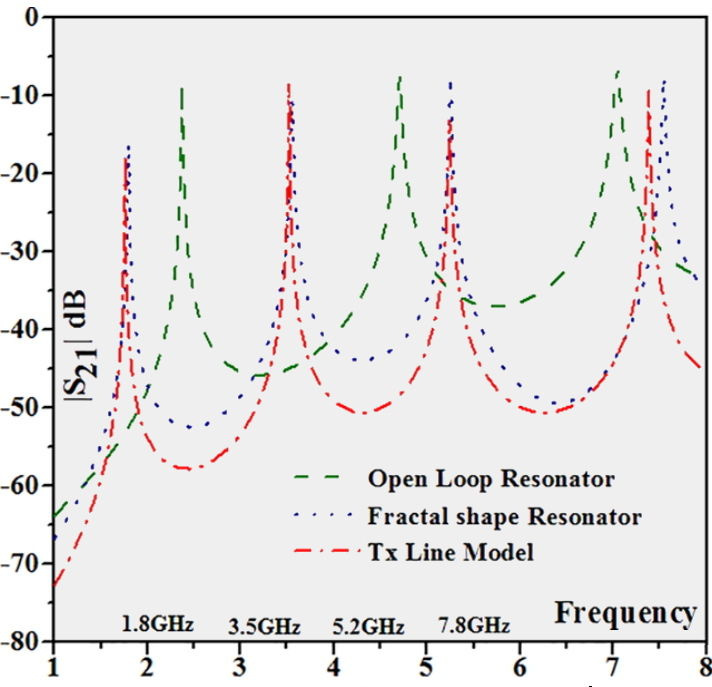“My life seemed to be a series of events and accidents. Yet when I look back, I see a pattern.” — Benoît Mandelbrot, mathematician
So Much Noise
I was attracted to an article titled, “The Fractal Qualities of Hallucinogenic Phenomena” written by Jesus-Mario Serna (2020). Fractals and altered states are fields I know well, but I find little useful in what I read. These areas are conceptually rich and many authors try to connect them.
They always seem to fail for lack of direct and detailed experience. They don’t understand fractals or they don’t understand altered states. There is a well known phenomena called the Dunning-Kruger effect that the people who understand the least talk the most. On the one hand, this is an indictment of those who are quick to speak, on the other hand it’s the half-baked conjectures of those quick to speak that attract and resonate with us.
There are connections between beautifully complicated fractals, the engrossing visions generated by psychedelics, and the complicated psychology of our minds. Finding these connections starts with talking about them. Lacking the details, we talk in generalities.
We Love Stories
Some authors are great at talking in generalities. They spin engrossing stories with powerful messages. They rarely know what they’re talking about but people love to listen to them.
Two of my favorite blowhards are Joe Dispenza and Gregg Bradon, two sincere pundits with little knowledge of their subjects. There are many others, but these two pretend to know physics and neuropsychology but neither do. In that they are frauds, but people flock to them by the thousands as to the fountain at Lourdes, a place of pilgrimage for millions.
They are hypnotists and, as a fellow hypnotist, I know that it’s the direction you send people in that is important, not the truth behind why they should go there. This is a fundamental truth of psychotherapy: your reasoning was probably wrong from the start, so the unreasonable will offer a new direction.
Any new reasons may suffice to change your direction. Change is the object, not truth. You chart your own path in the end, so what gets you started is of incidental importance. This doesn’t bode well for truth, but it gets people out of their ruts.
I use concepts from physics, chaos theory, and neuropsychology all the time. Little of the popular writing on these subjects has any value, but what has value is difficult to read. Trying to learn the basic ideas from people who don’t know is a waste of time at best. I’ll explain how the ideas of fractal geometry can be applied to psychotherapy. I don’t need fancy words or extensive references.
Fractals
Whenever you combine ideas from different fields you must throw away details. Fractals are defined by mathematical relationships, and psychology is built on half baked ideas. The two combine only when you discard the elements that don’t work together.
Fractals are formally defined relationships that use some kind of measure or metric. The essence of fractals is self-similarity at different scales, so you need a unit of measure to describe the scale you’re looking at. Psychology doesn’t have scales but it does have relationships. We can look for self-similar relationships but we have to let go of the idea of scale.
Fractals appear everywhere in nature because nature is efficient. Natural systems reuse again at larger scales the solutions that worked before at smaller scales. This works when the same situations exist at the small and large scales.
For example roots looking for moisture or branches looking for sunlight continue to encounter the same conditions as they grow larger. It is eminently sensible to do again what worked before, especially when what worked before worked well, and what’s different is unknown.
Psychology doesn’t have scales, there is nothing to which we can apply a measuring tape, but psychological things do have structure, scope, and relative importance. We should not be surprised that fractals appear in psychology. In fact, we would be puzzled if they did not. And this is the critical point: it’s not the fractal aspect of thinking that’s fascinating, it’s where thinking is not fractal.
Repetitive patterns stop when the situation changes. Snowflakes stop growing when the temperature rises, and you’ll stop talking when you realize no one is listening. Or maybe you’ll start listening when things start to make sense. This is the magic of snake oils and snake oil salesmen, they focus your attention on issues you would otherwise ignore.
Our thinking is basically fractal, if you can call something fractal that lacks a scale. Our thinking is repetitive and it regenerates itself in the process. This is what our personality is: a self-regenerating system that runs on glucose. An ever expanding snowflake of cockeyed relationships and fragile conclusions that just keep coming. It takes little effort to keep doing the same, what we need to focus on is what creates change and difference.
Resonance
Resonance is a term from physics and engineering, but you can think of it musically. It means to act in collaboration and to enhance and enlarge. A thin plate vibrates sympathetically with the plucked string both amplifying and enriching the sound. We call it a musical instrument. A ruby rod resonates with an electrical signal to radiate a narrow band of coherent radiation. We call it a laser.
A good dream creates a resonance between ideas, memories, and associations with an invigorating and enduring result. Love is a resonance between positive things that bond people together enhancing and solidifying their relationship. Heartbreak smashes the musical instrument. A nightmare is like a trainwreck.
Constructive resonance is something that endures by focusing constructive energies. Destructive resonance is not really a thing as there is no resonance, but you can imagine a confluence of opposites that shuts down the system. There are energies that combine to zero.
Your personality is a resonance between past associations, actions in the present, and plans for the future. It’s not a clean resonance as it’s full of setbacks and interruptions. It’s a not very well built musical instrument.
In the case of personality, the resonance is more of the problem than the solution. We need the resonance to maintain our sense of self—our sense of self is the resonance—but we would be better served if we could get rid of certain destructive frequencies.
Imagine your personality to be a well-oiled swing and your problems are the squeaks. Or your personality is the rose bush, the thorns are your insecurities, and your problems are the aphids enhancing themselves at your expense.
In these metaphors, the resonance is the good thing and it’s the bad things that interrupt it. This is what you naturally think unless you're neurotic, in which case you think you’re the source of all your problems.
Most people who come to me for counseling are not neurotic but they’re not perfect. They are like people on a squeaking swing who can’t stop the squeak. But the metaphor breaks down because while squeaks are small, people’s problems usually are not small. That’s because people hide things while swings don’t. This might provide us with another metaphor in that people think of the world mechanically when it is not.
People think reasonably, which means they have priorities and things are set in order. But peoples’ ability to hide, repress, and avoid things means that the order they’ve established, which is the resonance that sustains them, can hide many underlying flaws. They can’t see these flaws, these flaws don’t make sense, and they don’t want to address them.
Coming Back to Fractals
The fractal nature of your personality consists of all the things you think are true, and all the habits you repeat. These expand into all your areas of opportunity where you repeat yourself, sort of like mold across bread.
Change grows within the cracks. Explore the life patterns you cannot see.
Listen to this episode with a 7-day free trial
Subscribe to Stream of Subconsciousness to listen to this post and get 7 days of free access to the full post archives.














